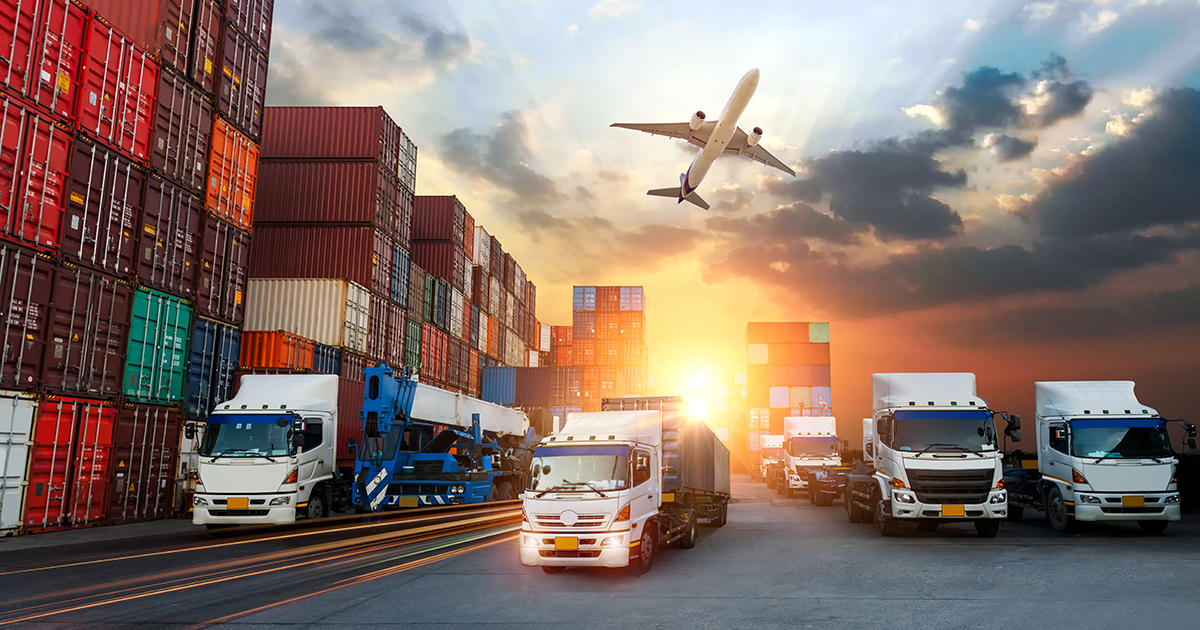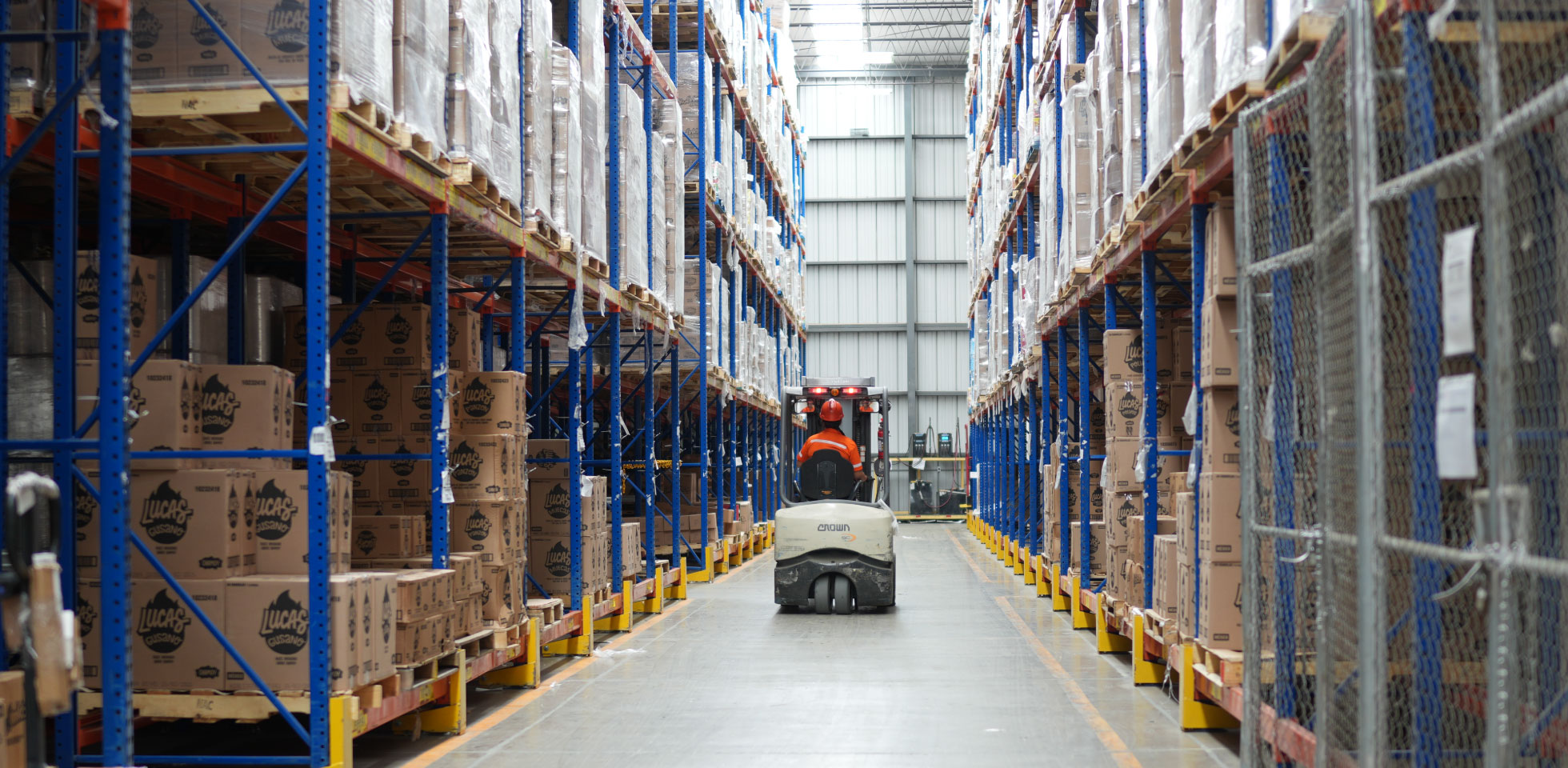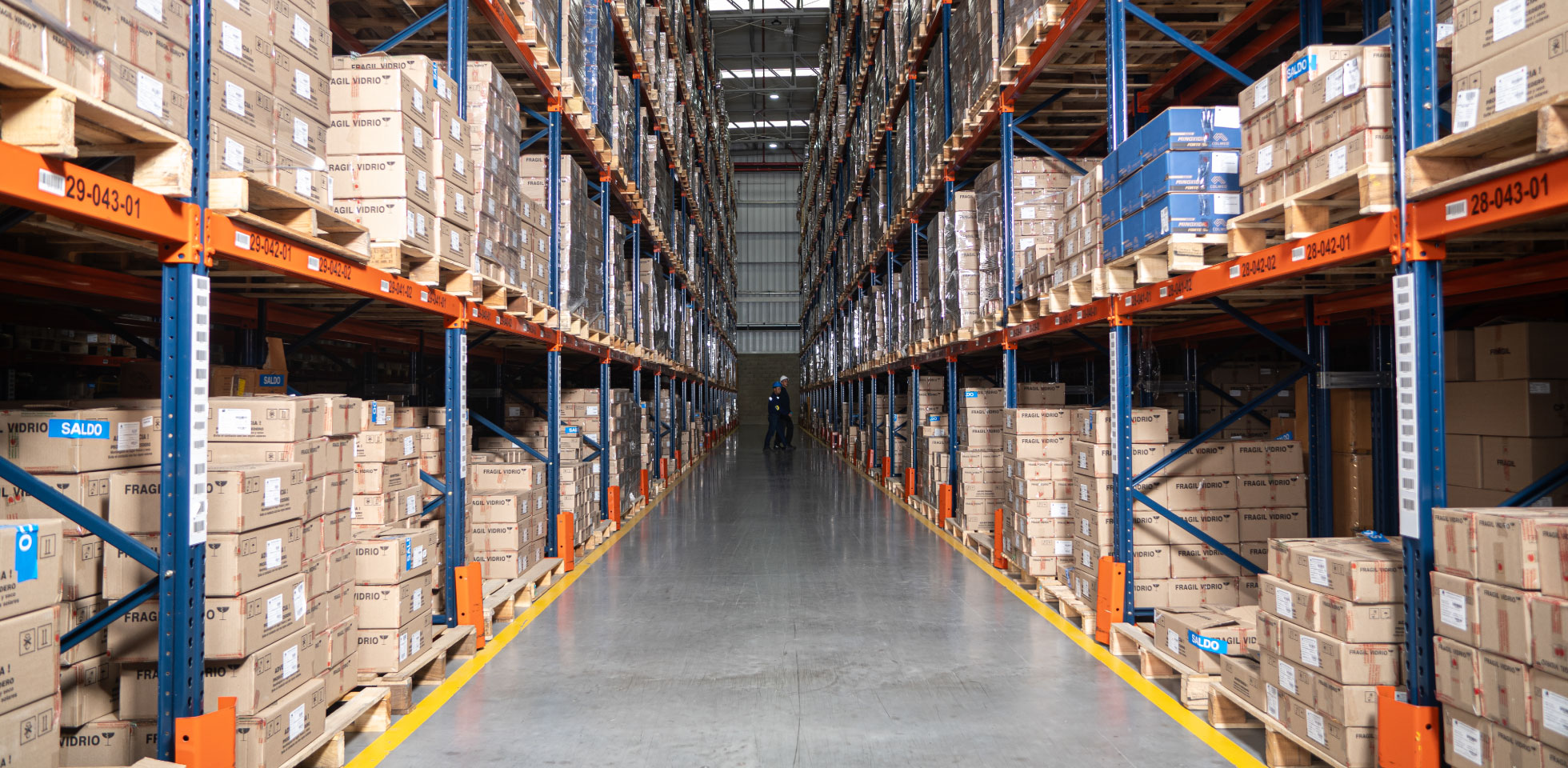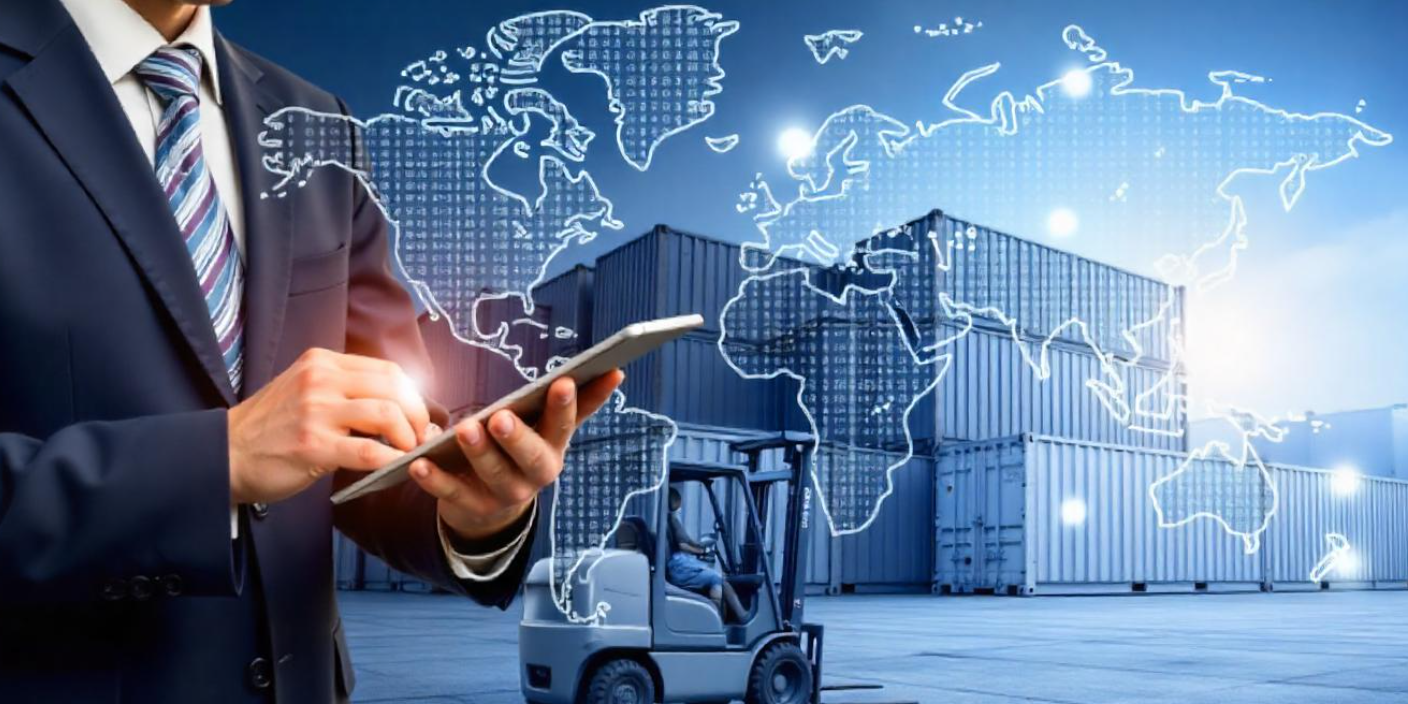Companies that cross borders with their products face particular challenges, both internal and international, as well as global competition and additional requirements at several levels.
Therefore, developing best practices and staying at the forefront of the evolution of processes, strategies, and regulations, as well as technological innovation, is mandatory for its continuity and prosperity in the international market.
According to analysts and experts in the field, these are some of the most important and helpful topics:
1.- To keep constantly updated on international regulations
Requirements and procedures in this field are constantly changing, and it is necessary to be aware of these changes firsthand, to avoid delays in both production and distribution of goods. Reviewing those regulations on a regular basis will prevent exports from being impacted.
2.- All the documents in order, always
In line with the previous topic, the paperwork required for global shipping can become a setback if you do not have everything you need up to date and available to comply with international guidelines.
Incorrect or incomplete documents will generally delay shipments and distribution, generating risks of cancellations and damages to the company's reputation.
3.- Taking advantage of free trade
By complying with the standards and guidelines of international trade agreements, both in manufacturing (from the management of source materials and suppliers) and in the distribution of goods, leverage can be achieved to provide these regional advantages to the business.
4.- Outsourcing, regionalizing, and consolidating shipments
Face to the complex distribution needs of global companies, and an international market of increasing demands for products to arrive on time, getting a logistics partner for local and regional freight transportation is an excellent alternative to optimize shipping costs.
These companies can take a step ahead in transportation innovation and have better opportunities to plan strategic routes for the business.
In addition, there are more options for efficiently grouping shipments according to regional proximity of customers and distribution centers, to reduce costs and even improve on-time delivery.
5.- To prioritize the vital role of technology
It is a fact that new technologies are creating new opportunities for the international trade system, and at the same time, contributing to cost decrease, which, in turn, encourages the growth of commercial activity. And we are talking about transportation costs, logistics costs, port services costs and customs clearance costs, the cost of obtaining the necessary information, transaction costs and trade policy setbacks.
A clear example is how artificial intelligence and autonomous driving have proven to reduce transportation costs.
The widespread adoption of these digital technologies has transformed economic activity and changed business arrangement as a whole, generating increasingly Internet-centric shopping habits and making vital data on consumer preferences available to companies that may now match their production cycles and business strategies to those data.
Thus, the quality and level of digital infrastructures have become new factors of comparative advantage, as they have the capacity to reduce the relevance of geographical, cultural, and linguistic barriers, facilitate product searches, provide better quality control mechanisms, and simplify cross-border transactions.
6.- Adapting to the chosen market
After choosing a market to offer the product, it will be necessary to analyze that market, confirm if it fits your business, if it is easy to enter and whether it is worthwhile.
While a company's website or social media can have a global reach, it will be more effective to target specific regions with sales strategies that are tailored to a region's culture and purchasing capacity. In other words, it is not enough to translate marketing
messages, they must also be adapted. This does not mean that you cannot multiply the target markets, as long as you gather the necessary feedback to be successful in each one of them.
International trade is a complex activity, so it is essential for exporting companies to consider these good practices, and also take advantage of the decrease in logistics costs to achieve a greater share in this market, as well as to be successful in new ones.







